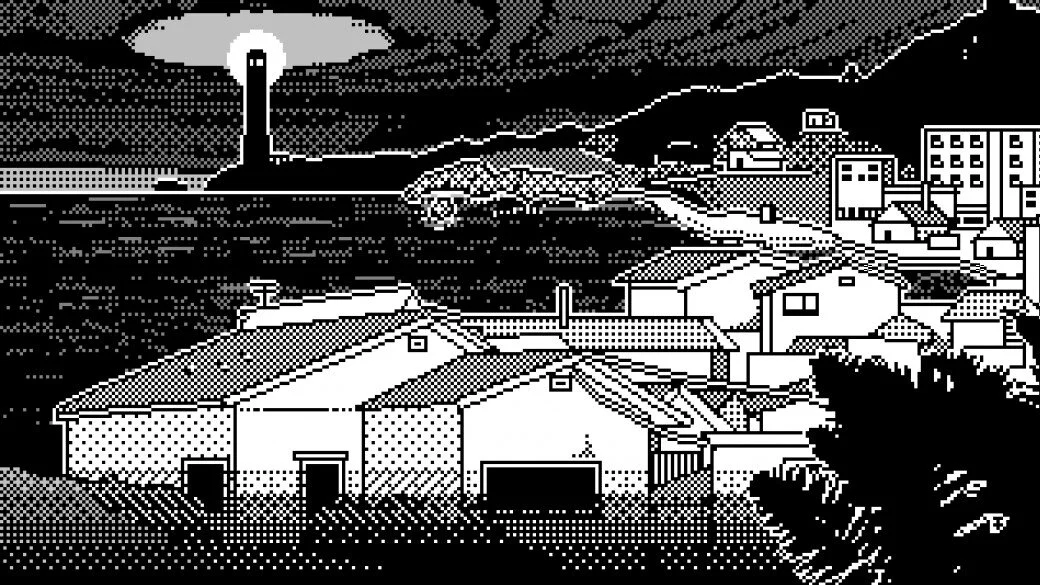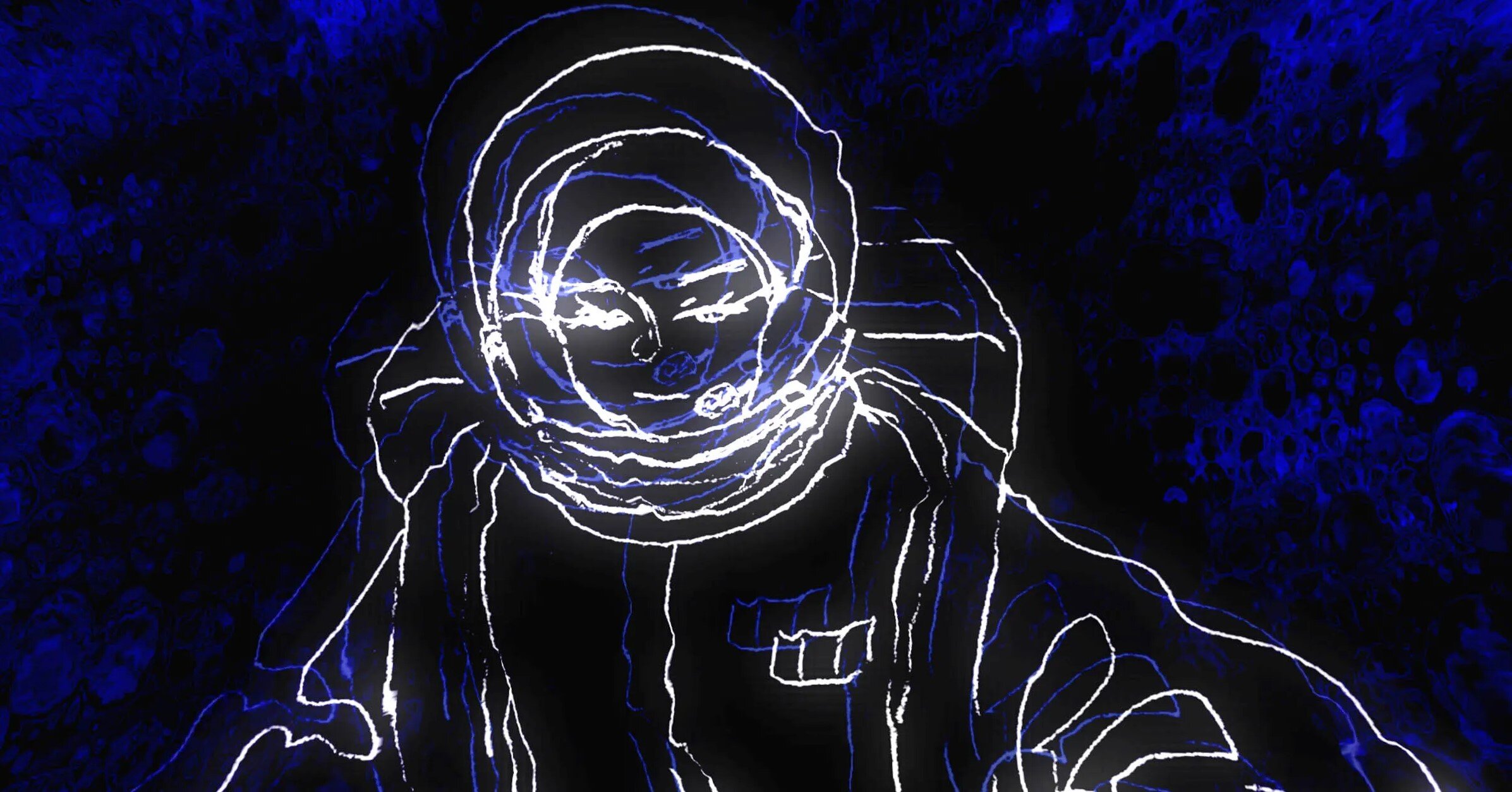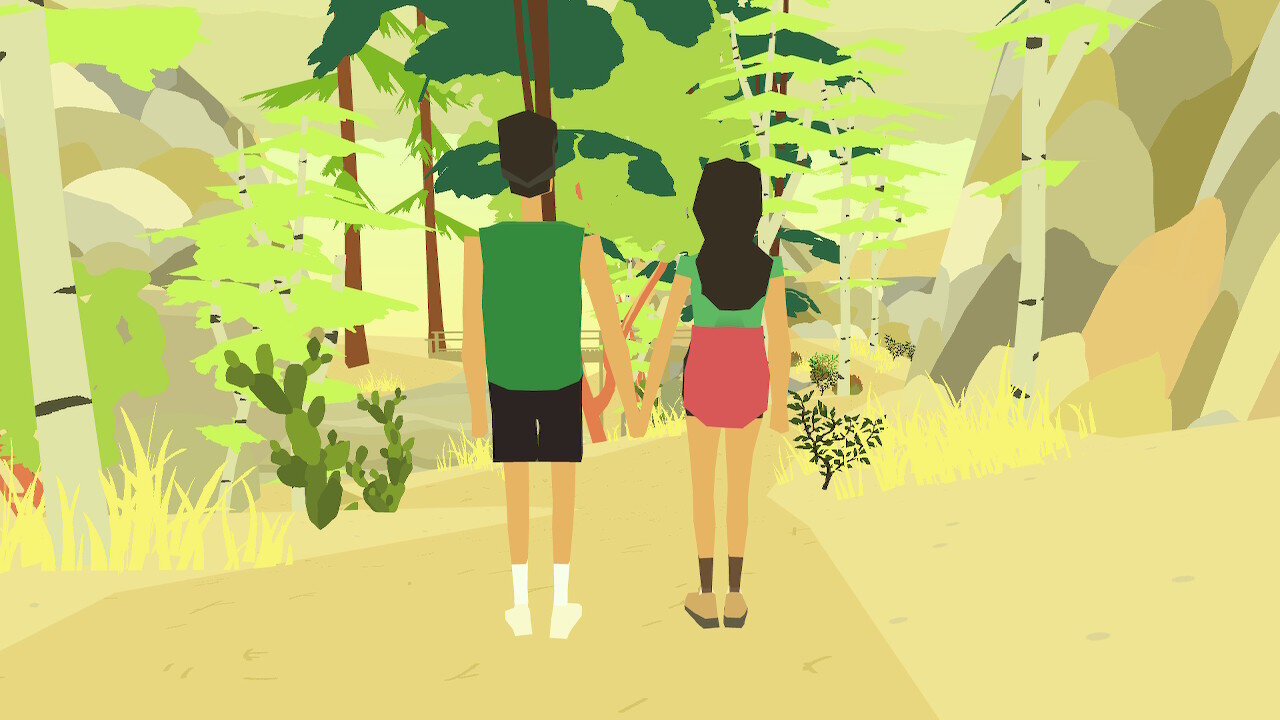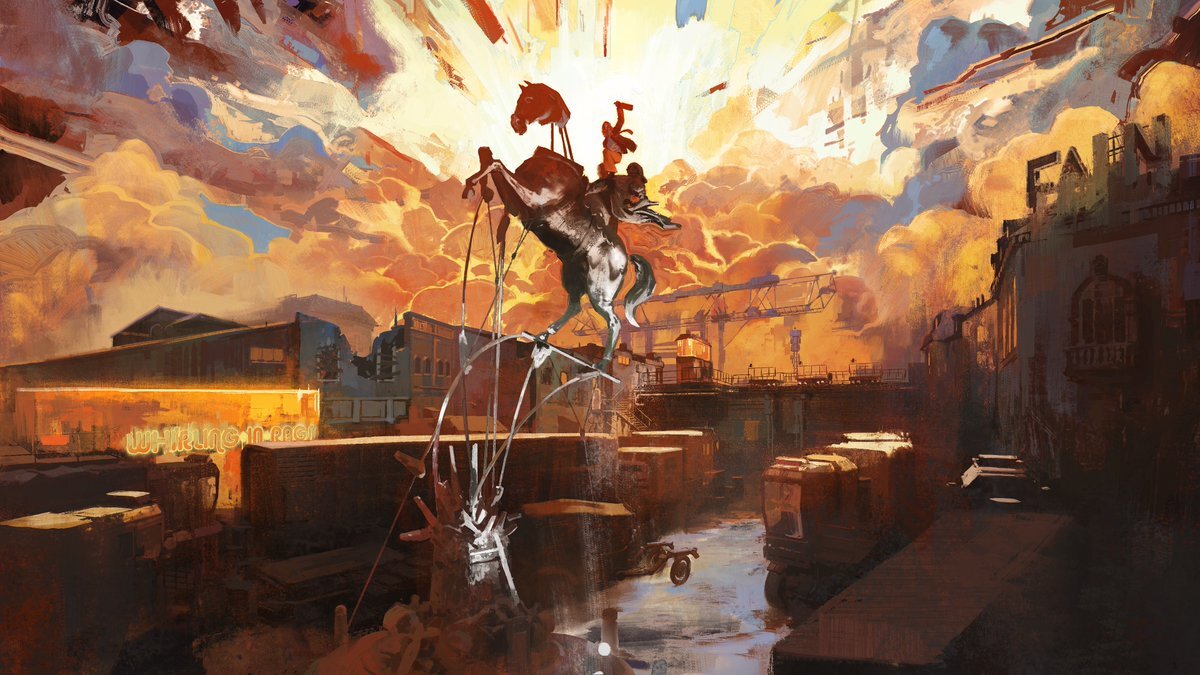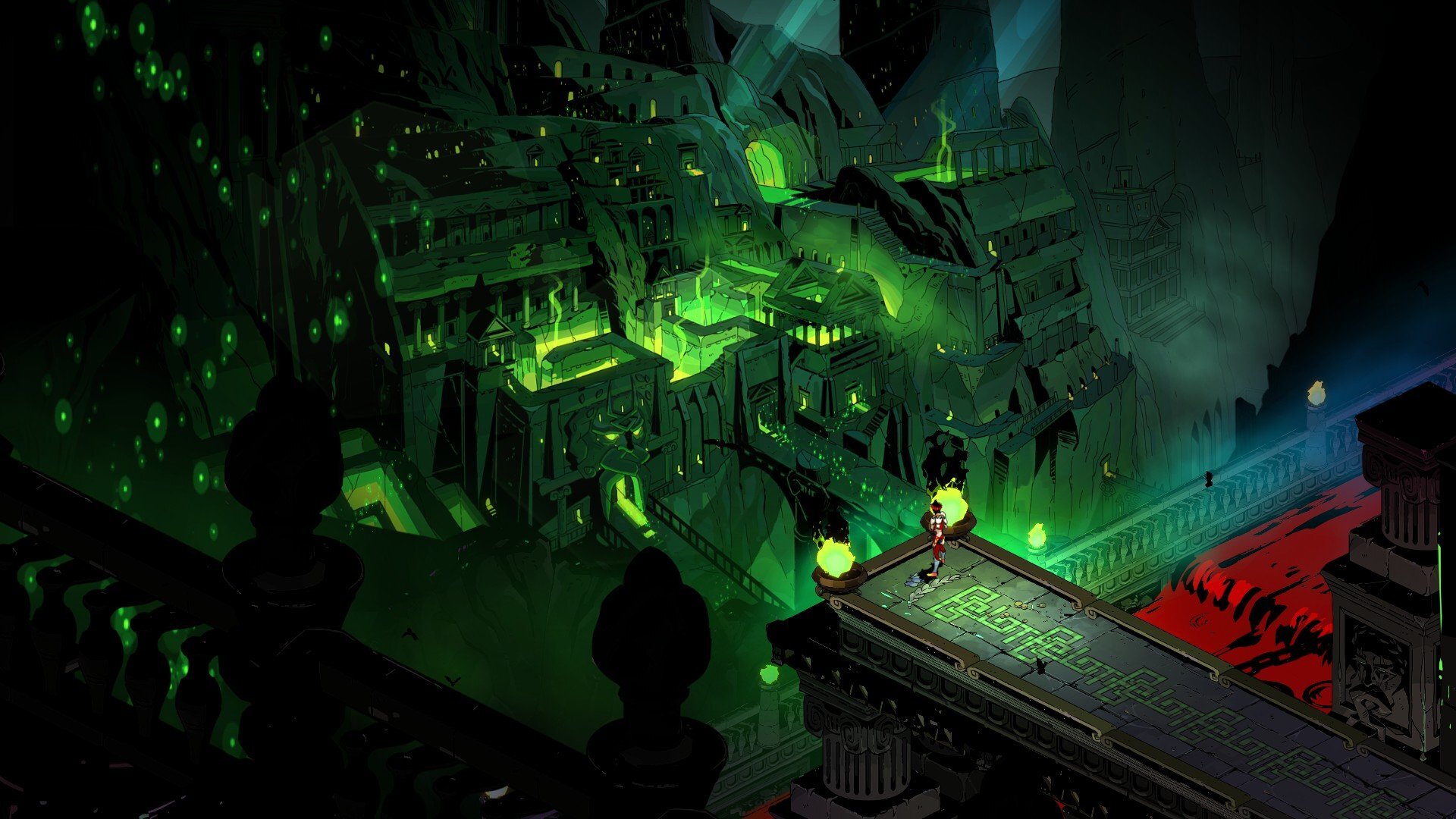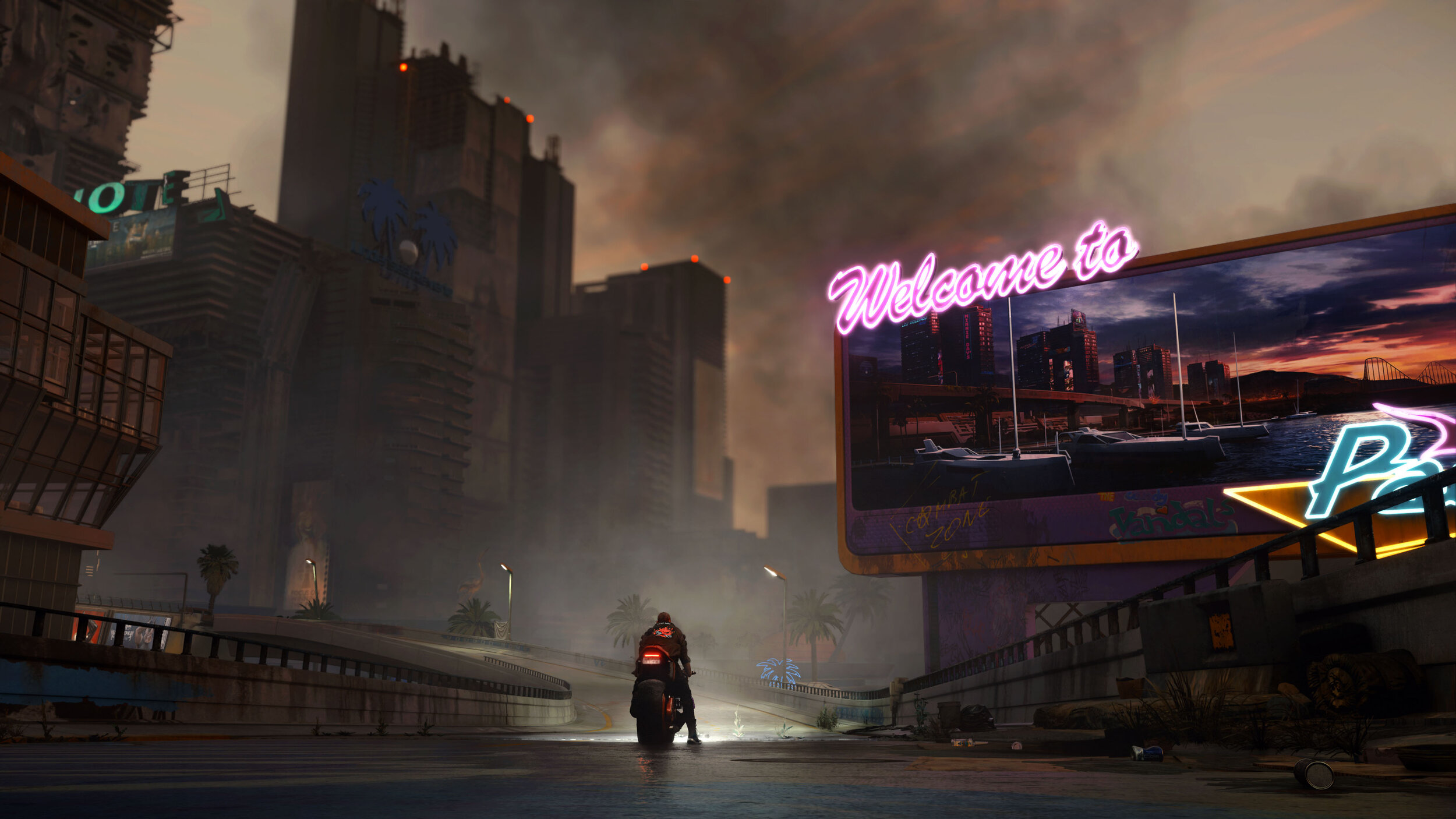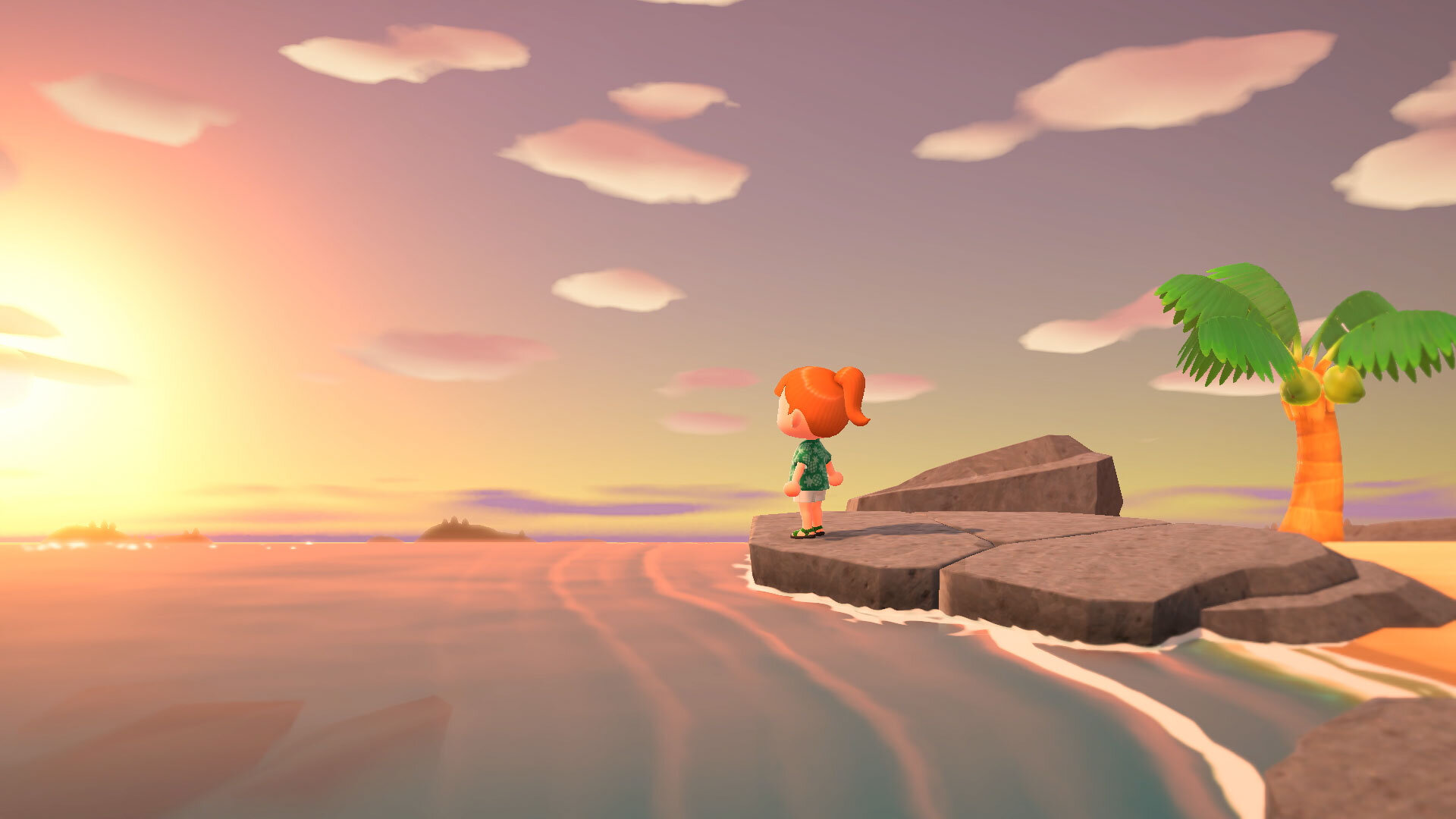My favorite games of 2020.
I never quite understood what people meant when they said they “didn’t have time” to play games once they had kids. Kids sleep a lot, right? They go to bed at like 7 or 8pm. They need a lot of attention during the day, but I mean, they take naps, too, so how are you “too busy” to game now that you’re a parent?
Well, now I know. Sometimes you’re just busy being tired. Kids require constant attention, which, even if you’re just kind of sitting around watching them, takes a lot of energy. You’re always “on.” And by the time they’re in bed, you’re exhausted too. And when you’re looking after a kid, you can’t really be doing that much else, compared to if you were just on your own being an adult. So maybe in the evening you’re busy getting all that stuff done you didn’t get to do earlier in the day. Or maybe you’re plain old worn out and you’d rather just watch something easy on Netflix and go to bed early. So that’s where the time goes. Not to games.
But, that said, I did get to play more this year than it felt like at the time— new stuff, old stuff, new versions of old stuff. Not listed below are the, if my time played stat is to be believed, hundreds of hours I spent in Call of Duty: Warzone, or the time I spent adding ROMs to my SNES Classic (don’t tell the cops) and revisiting some of my favorite 8- and 16-bit titles, or my time spent restoring the Neo Geo cabinet in our office and installing some original MVS carts in it and playing around with those (Metal Slug, Metal Slug X, Puzzle Bobble, and Last Blade 2, for the record), or my time dipping back into Bloodborne on PS4 and Dark Souls Remastered on Switch, or playing the smattering of other games from this year I tried out along with the below, like viral sensations Among Us and Phasmphobia… etc. There’s stuff from this year I’d liked to have gotten to that I didn’t— I hear Star Wars Squadrons is really great, and I haven’t yet been able to secure a PS5 (a friend snagged me one and it’s presently on its way) to play the Demon’s Souls remake— but, thinking on it now, I guess I did alright.
Here’s to a year of balancing family time, work, and gaming, along with a fucking pandemic— and to next year being, we all hope, much, much better.
Half-Life: Alyx
I never in a thousand years would’ve thought a VR game would be my Game of the Year, but all told, Half-Life: Alyx probably is that. My friends formerly of Campo Santo worked on this game, which was my motivation to seek out an expensive headset, overcome my ingrained VR skepticism, and dive back into the world of City 17… and while it may not have made me into a VR convert (the headset has gone untouched in a drawer since I finished my playthrough), it was definitely such a unique, clever, and memorable experience that it won me over completely in its own right.
Half-Life: Alyx is strange, inasmuch as it requires some of the most advanced consumer gaming hardware available, and presents itself using such immersive, cutting-edge techniques, but at its heart it feels like an old-fashioned, even somewhat quaintly stodgy, singleplayer FPS campaign. You’ll explore sewers and factories and subway stations and apartment blocs while a friendly guide character talks in your ear. You’ll trigger enemy encounters in construction sites laid out with a convenient smattering of full-height cover. You’ll push forward through very pretty, largely linear tubes of content as new weapons, abilities, and enemies are introduced on a regular schedule. And the whole time you’ll be directly inside this gameworld, using a virtual reality headset and finger-tracking controllers to see and touch every inch of this virtual space in stunning, sometimes disorientingly-vivid detail, making this virtual world an almost tactile experience in a way that’s really hard to consciously process, much less describe. And then you’ll beat the big boss and see the final cutscene and win the game.
It’s so odd, this very traditional gamer comfort food expressed in the most technically advanced way imaginable, a game that is both like something we’ve played dozens of times before, and unlike anything else we’ve ever played… but god damn, I liked it a whole dang lot. I dunno if H-L:A justifies the existence of VR all on its own, but I’m glad VR exists, so I’d have a chance to play it.
WORLD OF HORROR
WORLD OF HORROR is one of those games that just shouldn’t exist, but I’m real glad it does. Some maniac decided that a great thing to do would be to fuse a really, really good imitation of Junji Ito’s horror manga style with a classic ‘80s-era Japanese PC graphic adventure, and then release that in the year 2020 (give or take— it’s been in early access since last year, and is still in the process of making it to 1.0) It’s one of those games that has influences so distinct and so idiosyncratic that there’s really nothing else like it, and you can tell that for the creator it’s a work of passion, possibly obsession. And, luckily, the game itself is a joy to play, weird as it is. Between the unsettling nature of its fiction and the anachronistic foreigness of the genre it revives, WORLD OF HORROR feels like something that’s been dredged up from another world, another time, and infiltrated our own world like some cursed video tape… and it’s one of the most unique, enjoyable games I’ve played in quite a while.
If Found...
I’ve never thought of myself as a visual novel-type person as I’ve always more naturally been in the systems-y or immersion-y side of what games do, but I’ve also always recognized that any game form can grab me if the content is compelling enough. This has been proven out by some of my favorite games in recent years including Butterfly Soup, Dream Daddy, Florence, and now If Found… a visual novel all about erasing the past to discover one’s future. It’s a very small, personal story from a trans perspective taking place in small-town Ireland in the 1990s. I loved the scale and specificity of the place and time and lived experience of it all; I loved how the hand-illustrated, moving, shifting visuals drew me into the story as an impression and a memory you’re digging ever deeper into while sweeping it away.
It’s the kind of game that I’m thrilled was put out by (if I do say so myself) the most prestigious indie publisher going today, Annapurna Interactive, as it’s the kind of art game that, until recent years, almost certainly would have only existed as a self-released, possibly free game on PC. The recognition of the commercial value of something that in the past wouldn’t have been thought of as a “commercial” game at all is really heartening. The personal connection that players experience with If Found… is worth your attention, and it’s worth your money— it’s art that’s worth paying its creators’ bills, and allowing them to create more.
Not everything about 2020 was so heartening (and that’s an understatement) but the fact that a small personal visual novel about a trans Irish teen can be a big, cross-platform commercial game release, supported by a publisher that cares and believes in this kind of work, is at least one little bright spot from the year.
Wide Ocean Big Jacket
I’ve been a huge fan of Turnfollow’s games for many years now, since playing their earlier, free releases Little Party and Packing Up. Speaking of small and personal, Turnfollow’s game are wonderfully minute in scale, thrillingly mundane and relatable— their best games are games simply about moments in life: some teens having an all-night art party at their mom’s little house in the woods; that moment you move out of your little studio apartment at the end of college, not sure what comes next but knowing you’re leaving this part of your life behind; and, with Wide Ocean Big Jacket, that moment as an adolescent you go off on a little trip that feels feels like dipping a toe into adulthood, an experience that’s strange and new and nerve-wracking and exciting not because it’s anything out of the ordinary in this world, but because it’s your first time experiencing it. It is yours.
Wide Ocean Big Jacket is visually beautiful and simple in its illustrative style, and expresses a sweet, small, funny moment lived in an understated, moving way. I remember Wide Ocean Big Jacket’s little campsite and the boardwalk and the nature path and the beach like places I’ve actually been; I remember moments from this imagined weekend at the beach like I was actually there. And I’m grateful for it all.
Disco Elysium
I know Disco Elysium didn’t come out in 2020, but I didn’t play it until this year. I’d been waiting for it to come out on consoles for some reason, but that still hasn’t happened, and I got impatient, so I just went ahead and grabbed it on the Epic Games Store— and I’m so glad I stopped waiting and got to it. It’s quite simply one of the most impressive, moving, fully-realized narrative RPGs I’ve ever played. It feels like the entire concept of computer RPGs was leading up to this. It’s incredible when you play something that justifies the existence of an entire genre, and feels like its next logical step.
I could give the full rundown of what Disco Elysium is, but the basics: it’s a heavily stat-based isometric RPG, but there’s no combat as a core mechanic. Your stats represent elements of your personality, reasoning, and ingenuity, and influence how you interact with people in conversation and decisions and choices you’re able to make in complex situations. They represent not, say, the strength of your magic attacks, but instead things like your ability to bend people to your will via authoritarian posturing, or your intuitive connection to the hidden histories that whisper through the city.
Disco Elysium is strange but relatable, alien but familiar, and the writing itself is a bravura display of incredibly well-wrought prose and dialogue, purely in these respects quite possibly the best-written game I’ve ever played. It’s also an inspiring instance of narrative, systems and spaces playing off of and with each other, forming a whole that is unlike anything a game has been before. It’s funny and heartbreaking in equal measure— I was brought to tears multiple times during my playthrough, not because of moments that were maudlin or “sad,” but because of moments that struck me so deeply in unexpected ways. Moments such as when I was able to save an important character’s life only because they’d grown to trust me so completely, even though I didn’t deserve it. Or the sense of overwhelming wonder and awe at a moment of revelation near the end of the game when I realized this fictional world I’d spent hours and hours living in contained layers of grace and possibility I’d long written off as delusions. In these moments, tears or no, I was moved, truly, in a way that I knew meant something. This mattered.
Disco Elysium is profane and dark, but it is the opposite of cynical. It doesn’t look away from ugliness or suffering, but it knows that life in its world— and ours— is above all, beautiful.
Hades
I’m friends with the folks who started Supergiant Games, the creators of Hades. I interviewed their narrative lead, Greg Kasavin, for my zine when I was in college and he was the Editor in Chief of Gamespot. We briefly worked in the same building at 2K Games; his encouragement was one of the reasons I worked there in the first place. And, as a friend, I can say that playing Supergiant games just makes me so, so mad. They are way too fucking good at what they do. It is infuriating.
Can we just talk about the screen transitions for a minute? When you interact with the mirror in Zagreus’s chamber and in a split second about a dozen animations happen all at once as the UI displaying your progression choices flows onto the screen in a decadent burst of glints and swooshes. Everything in a Supergiant game, and certainly in Hades, is is treated with this level of luxuriously detailed refinement. Every screen effect and character animation, every lush, vivid environment, every burst of flame and whoosh of blade feels perfectly considered and expertly crafted. These people, again, are far too good at what they do.
And, as their friend, I’m so, so happy that Hades has brought them a level of success that matches what they’ve always deserved. Sometimes, even if they have to fight through hell to get there, the good guys get to win in the end.
Cyberpunk 2077
It’s hard to give Cyberpunk 2077 my full, unequivocal endorsement, but probably not for the reasons you’d guess, based on the game’s reception on launch. I’ve had extremely few, verging on zero, serious bugs occur in my time with the game; in fact I find it surprisingly stable, responsive and performant. That said, I’m playing on a high-powered PC with an Nvidia RTX graphics card, basically the optimal operating environment for the game. But for me, if anything, I’ve been very impressed with the game on a technical level.
My qualms, really, are about elements of the world and tone that feel like they betray what is at its heart a mostly thoughtful, earnest set of characters and stories, often engaging with the conceptual framework of the cyberpunk genre in ways that are novel and worthwhile.
But this is a game that’s at war with itself. The player-involved narrative content— what you do, who you meet, what events happen and how they play out— tends to be mature without being overly self-serious, well-considered as a rule and overall tonally balanced in a way that respects both the source material and the player. On the other hand, as you drive through this incredibly finely-rendered futuristic city, you’re constantly bombarded with ads about butts and dicks and MILFs and jizz and super gross joke foods and edgy suicide prevention parodies (!) and just endless puerile, juvenile stuff that someone thought was hilarious— someone who, it seems, had no idea what the entire rest of the game was like at all— and this constant overbearing presence, everywhere, just implodes the entire feeling of what this fictional world is. It’s like if the ads from GTA were in some completely different game, instead of GTA. It’s like the story you’re actually playing is Neuromancer, but every time you look out the window you’re seeing Idiocracy.
I want to love this game from all angles. And I do love it, in most ways. I love the classic open world RPG feeling of always being like three layers deep into a list of things you want to do before you log off for the day— do side missions to get enough money so you can buy the sweet Akira bike, and then when you’re done with that you’ll start on the next main mission, but oh, on the way there this really interesting side mission opens up so first you’ll finish that up then get back to the other stuff and now suddenly it’s 1 AM, and you just want to play more, because you want more of what this game is, but you’ve got to go to sleep sometime, so you’ll come back to it tomorrow. I love that feeling, and in this game it feels natural and earned, not manipulatively deployed. I love looking at the architecture and the lighting and colors and the really wonderfully modeled characters. I love the absurd future clothing and I’m amazed that they managed to make the guns feel really good in what is under the hood a stat-based RPG, the kind of game where traditionally gunplay never feels good. I love opting into upgrade choices that allow me to be the guy who has slow-mo abilities, x-ray vision and a sniper rifle with bullets that home in on enemies’ craniums, sending said bullets whizzing in a 100-yard arc to delete said craniums from behind cover without said enemies ever knowing what hit them. I love how driving a motorcycle feels in the game— it feels amazing— and the sheer scope and scale of Night City and the surrounding environs. I love playing Cyberpunk 2077. I love being in it. I love finding out what’s going to happen next in the story. I love meeting new characters. And I hate, hate that it betrays itself by making its setting into a joke that doesn’t even respect what the game is really about. This rendition of Night City and the people and stories that live there deserves better. Perhaps one of the highest compliments I could give is that despite the fact the game is filled with a type of narrative self-sabotage I’m particularly allergic to, Cyberpunk 2077 remains by far one of my very favorite games of the year.
Maybe, someday, somebody will release an AdBlock mod for the game, and Cyberpunk 2077 will be saved from itself.
Animal Crossing: New Horizons
I’ve been playing Animal Crossing games for going on 20 years now. Animal Crossing is why I bought a GameCube. I was working at Circuit City, and became friends with a co-worker, Dan, and Rachel and I went over to his place and he showed us this really cute, strange little game, Animal Crossing, on his GameCube, and well, Rachel and I needed to have a little town like that of our own.
We did our first full year loop of Animal Crossing when we were in college together at the University of Oregon, in our little college town apartment there. We did our second full year of Animal Crossing on the GameCube when we were living in the house where we made Gone Home, in the evenings when we finished working on the game for the night. We hadn’t played Animal Crossing since.
Now we’re living in the house we bought after Gone Home came out. We have a little daughter, and she loves watching us visit our Animal Crossing town on our Switch. She shouts “ow-woo!” (owl!) at the screen to request that we go visit Blathers in the museum. She thinks it’s hilarious when he wakes up and goes “Hoo… WHO?!” She laughs and laughs.
Playing a new Animal Crossing game is exciting, not so much for its newness, but for its familiarity. It is a homecoming. We know this rhythm, we know these creatures, we know this feeling, and this place. We live here, off and on, like these little animal friends do. We may go away at some point, like they do, but we’ll always be back.
Animal Crossing has been a mile marker at three distinct phases in my adult life. When I play it I remember the person I was then. When I play it again someday in the future, I’ll remember the person I am, and Rachel is, and Juniper is, now. Our little animal friends will still be there, even if we’ve changed. We’ll be welcomed back home.
Thanks for spending some time reading through my games of the year for 2020. I hope you had some games in your year that had as much of an impact on you as the ones in this list— and others not listed here— had on me. Here’s to a healthy and prosperous 2021.

